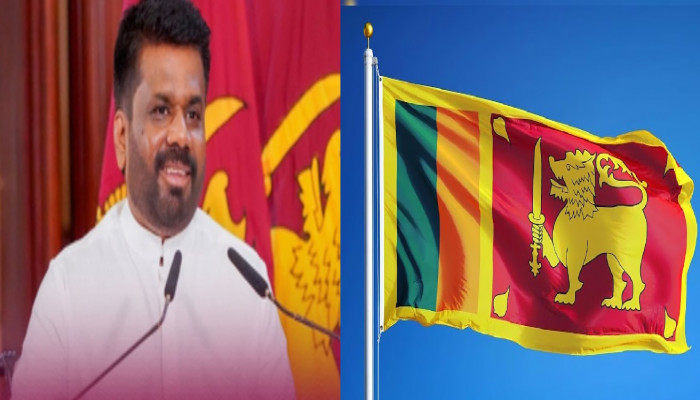Sri Lankan President Dissanayake’s NPP secures landslide win in Parliamentary elections
- In Reports
- 12:17 PM, Nov 15, 2024
- Myind Staff
The National People's Power (NPP) party, led by Sri Lankan President Anura Kumara Dissanayake, achieved a sweeping victory on Friday in the country's snap parliamentary elections. This decisive win marks a significant shift in Sri Lanka’s political landscape, as the leftist coalition claimed at least 123 seats in the 225-member assembly, according to official figures on the Sri Lanka election commission website.
President Dissanayake's decision to call early elections proved successful for the NPP, which previously held only three seats. This minimal representation had prompted Dissanayake to dissolve the parliament, seeking a fresh mandate to support his reform agenda. Since taking office in September, Dissanayake, a self-proclaimed Marxist, has focused on tackling corruption and recovering misappropriated public funds.
Early results showed the NPP commanding 62 percent of the vote from over three-quarters of counted ballots, leaving opposition leader Sajith Premadasa’s United People’s Power (UPP) party trailing significantly with only 18 percent of the votes. Supporters of the NPP expressed strong support for the party’s anti-corruption message. “People voted to get rid of corruption and a corrupt system,” said IT professional Chanaka Rajapaksha in an interview with AFP.
Dissanayake had exuded confidence in the NPP’s prospects before the results were announced. "We see this as a critical turning point for Sri Lanka. We expect a mandate to form a strong parliament, and we are confident the people will give us this mandate," he stated after casting his vote on Thursday. "There is a change in Sri Lanka's political culture that started in September, which must continue."
Founded in 2019, Dissanayake’s NPP has since aimed to secure a two-thirds majority to push through crucial anti-poverty measures and address the economic challenges following Sri Lanka's financial crisis. The crisis, which peaked in 2022, led to the removal of former President Gotabaya Rajapaksa and forced the country to seek a $2.9 billion bailout from the International Monetary Fund (IMF).
With this victory, the NPP, a leftist coalition, has secured both the presidency and a majority in parliament for the first time, potentially steering Sri Lanka towards a more socialist political approach. This shift could redefine the nation’s relationships with key international players, particularly China and India, amid ongoing economic recovery efforts.
The elections contested 196 out of the 225 parliamentary seats under Sri Lanka’s proportional representation system, which allocates seats within districts based on vote share. An additional 29 seats, known as national list seats, are distributed to parties and independent groups according to their total nationwide vote share, further shaping the assembly’s composition.
The NPP's win not only signifies a change in government but also underscores a broader transformation in Sri Lanka's political culture, setting the stage for a new chapter in its governance and reform agenda.







Comments